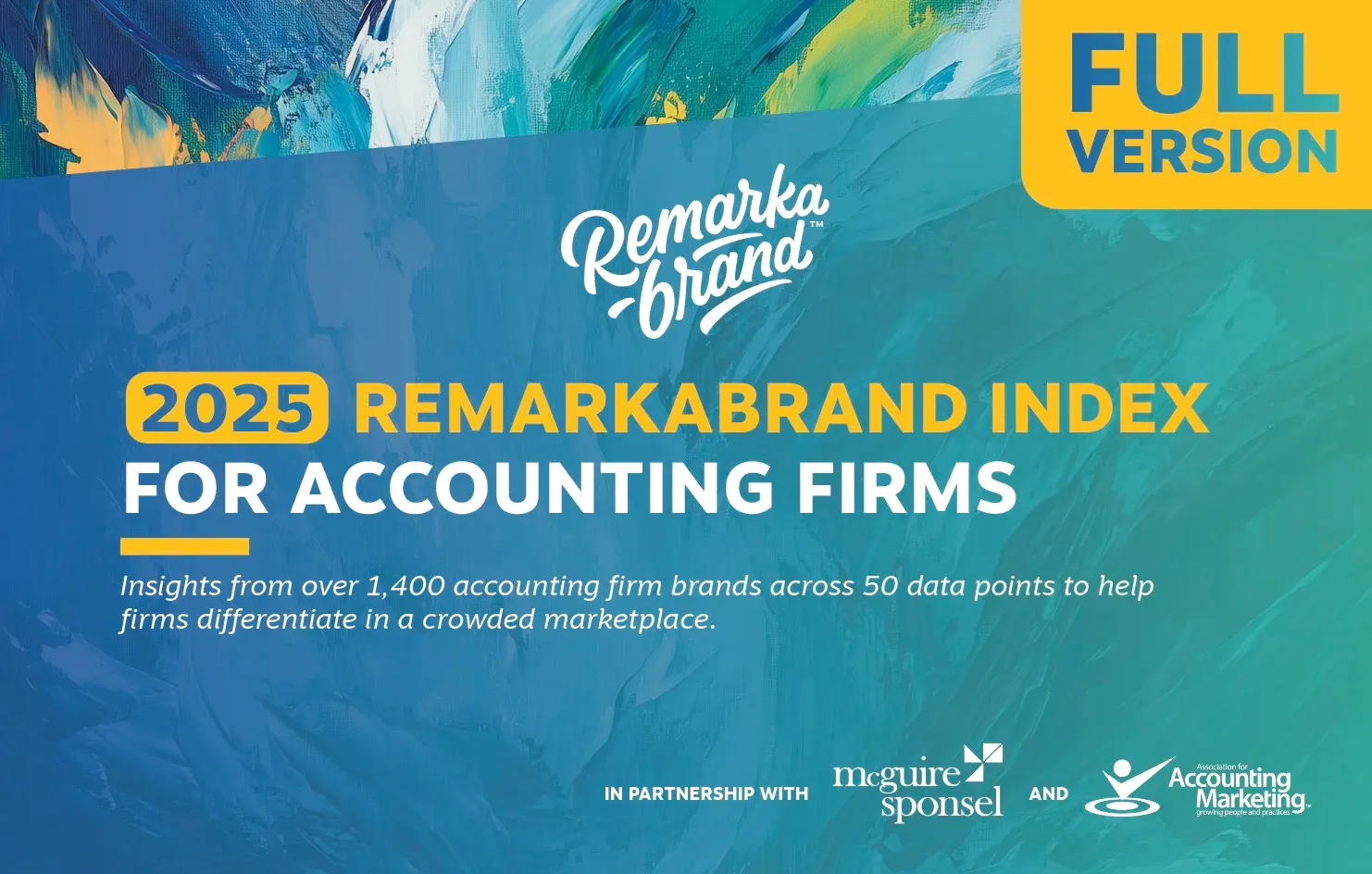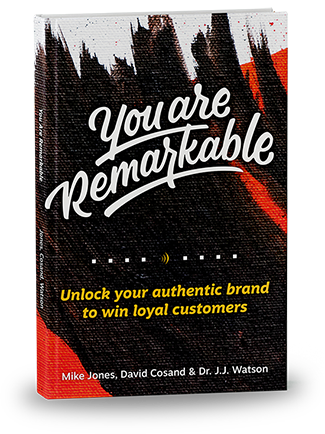After returning from Boston where I attended HubSpot INBOUND 24, I’ve made a decision: I won’t be going back. While the production value impressed me, the experience fell short of what professional services marketers need to drive real business growth.
Compliments for what worked
I’ll start with what HubSpot INBOUND 24 got right. In terms of brand promotion, INBOUND stands as a testament to HubSpot’s marketing prowess. Based on my quick napkin calculations, they likely generated $20 million in revenue from more than 12,000 attendees to this single event through ticket sales and vendor fees. The production quality matched the price tag – immaculate sound, seamless logistics, and staff stationed at every corner.
For those of us who dream of hosting our own brand conferences (even if on a much smaller scale), HubSpot INBOUND 24 demonstrates the impact of in-person events on brand awareness and engagement. HubSpot has built something remarkable here and proven that NOTHING substitutes for physical proximity.
Criticisms for what didn’t (and there was a lot that didn’t)
Impressive attendance numbers and polished production didn’t translate to value for attendees. As a marketing leader in professional services, I found myself questioning the return on investment throughout HubSpot INBOUND 24.
Three specific issues stood out:
1. Entry-level content
Many sessions defaulted to marketing basics like “know your audience” – concepts that any experienced marketer has long since mastered. Even the “Media Masterclass” was just a rehash of basic principles that lacked consideration of advanced strategies or novel tactics.
2. Limited networking opportunities
For an in-person event, HubSpot INBOUND 24 provided surprisingly few structured networking opportunities. Most attendees stayed with the people with whom they came, missing chances to forge new connections or learn from peers facing similar challenges. In professional services, where relationships drive business, this represents a significant missed opportunity.
3. Little to no product support
Several attendees, including a potential HubSpot customer I spoke with, expressed frustration at the lack of hands-on product support. Instead of providing direct training or consultation, staff repeatedly directed people to online resources – the same ones available to those who didn’t make the trip to Boston.
Benefit / Cost = – X
A conference should justify its cost through either tactical knowledge gain or strategic relationship building. HubSpot INBOUND 24 delivered neither convincingly enough to warrant the significant investment in time and money.
The expenses add up quickly:
- Flight costs to Boston
- Premium hotel rates during peak conference season
- Registration fees ranging from $1,200 to $2,500 per person
- Time away from family and office
For professional services marketing teams operating with constrained budgets, these costs demand clear ROI. I didn’t find it.
… which is not to say there was zero value
Despite my overall negative assessment, the conference did offer some valuable takeaways, particularly around email marketing strategy:
Unconventional and specific beats obvious and generic
One standout session challenged us to dig deeper than generic topics and obvious insights. Compelling content often emerges when you explore the specific, nuanced aspects of an issue that others overlook. For professional services firms, this means moving beyond obvious industry topics to uncover insights that demonstrate true expertise.
Generic content about “top 10 accounting tips” won’t differentiate your firm. But when you explore particular challenges your clients face, drawing from your unique perspective and experience, you create content worth reading. The specific insights you share prove your expertise far more effectively than broad observations ever could.
Email remains the B2B communication king
Email’s position as a primary B2B communication channel was a prominent theme in many HubSpot INBOUND 24 sessions. While this might seem obvious, the reasoning matters: Email remains effective because it aligns with how business professionals work. When people check their work email, they’re in “business mode” – making it an ideal channel for B2B marketing messages.
How to identify events worth attending
This experience has clarified what marketing leaders in professional services should look for in conferences:
- Focused networking opportunities with peers in similar roles
- Advanced strategy sessions that move beyond basics
- Practical implementation guidance for complex marketing challenges
- Direct access to subject matter experts for specific questions
- Clear alignment with professional services business models
Will I return to HubSpot INBOUND 24?
Only if invited to speak. The conference might serve early-career marketers well or those just beginning their HubSpot journey. But for experienced marketing leaders in professional services, better options exist for professional development and networking.
I encourage you to evaluate conference opportunities through this lens: Will the content and connections directly advance your firm’s marketing objectives? If not, your time and budget might be better invested elsewhere.
What about you? If you’ve attended HubSpot INBOUND 24 or similar large marketing conferences, I’d value hearing your perspective. What criteria do you use to evaluate professional development opportunities? Share your thoughts at [email protected].



